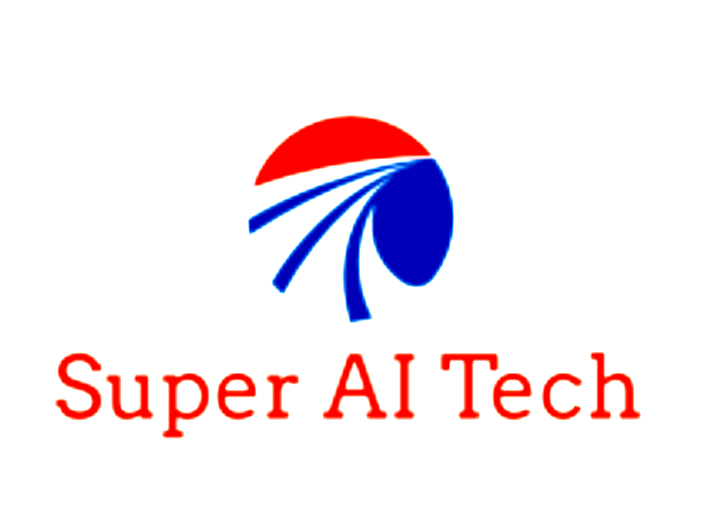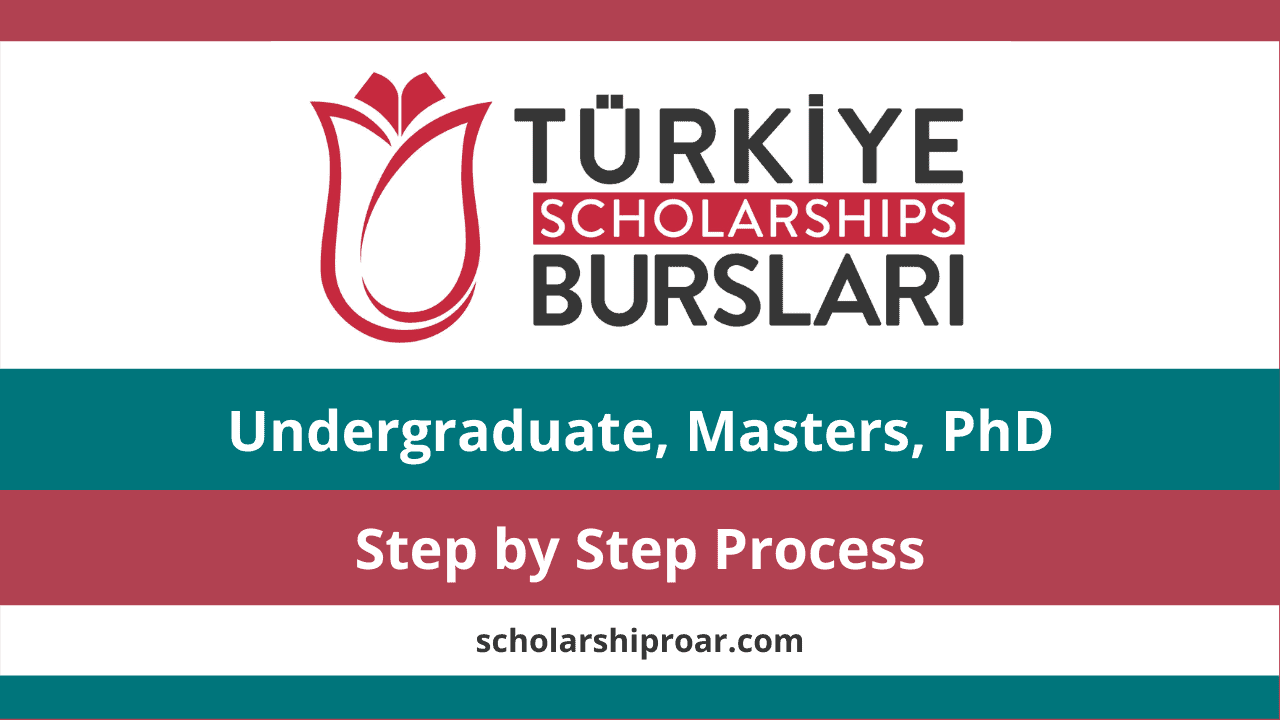Türkiye Scholarships is a government-funded higher education scholarship programme for overseas students administered by the Republic of Türkiye. The main goal of Türkiye Scholarships is to give equal opportunity for successful students all around the world to acquire them.
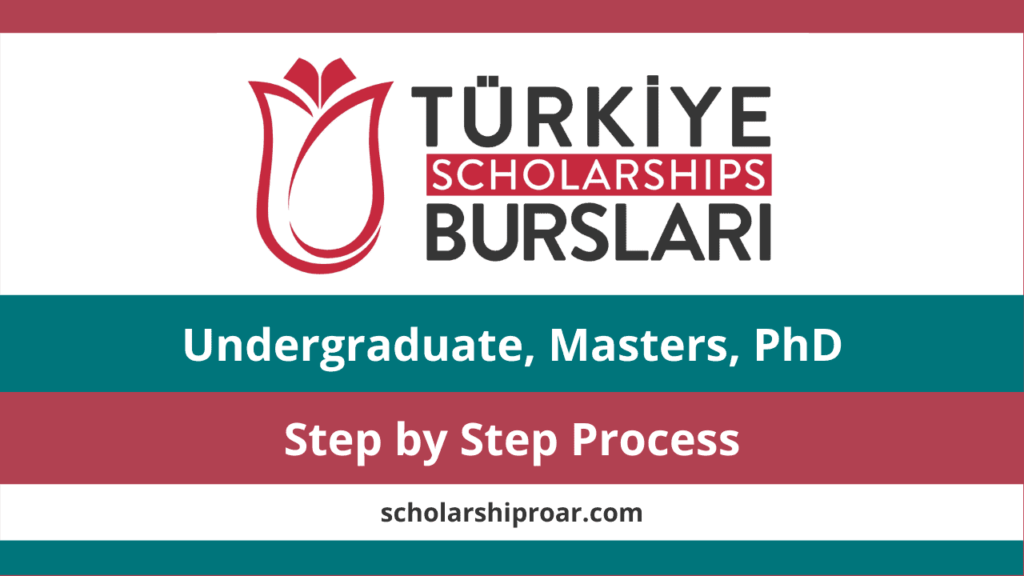
Türkiye has been giving scholarship opportunities to overseas students and researchers from all over the world for many years.Turkey’s higher education scholarship programmes were rebranded as “Türkiye Scholarships” in 2012, and studies began under the direction of the Presidency for Turks Abroad and Related Communities (YTB). Türkiye Scholarships are administered in collaboration with all necessary entities, including YK, Yurt – Kur, the General Directorate of Migration Management, and the Ministry of Foreign Affairs.
The Most Comprehensive Scholarship Programme in the World
Türkiye Scholarships are widely regarded as the most complete scholarships in the world, offering university and department placement, monthly scholarships, tuition fees, health insurance, housing, Turkish language courses, aeroplane tickets, and free academic and cultural programmes. Türkiye Scholarships allow overseas students to study and obtain scholarships at Türkiye’s most famous universities.
Minimum Academic Achievement is one of the application criteria.
70% for undergraduate candidates
75% for graduate candidates
90% for Health Sciences (Medicine, Dentistry, and Pharmacy) candidates
Criteria for Age
Being under the age of 21 is required for undergraduate programmes.
For master’s programmes, you must be under the age of 30.
Being under the age of 35 is required for PhD programmes.
Being under the age of 50 is required for a Research Scholarship.
Eligibility
Eligible Populations:
Citizens from every country
Graduates or those who will graduate before August 2022 at the end of the current academic year
Academics and researchers
Groups Not Eligible:
Turkish citizens and people who have lost their Turkish citizenship
Individuals currently enrolled in programmes at Turkish universities at the level of education will be eligible to apply.
Calendar of Applications
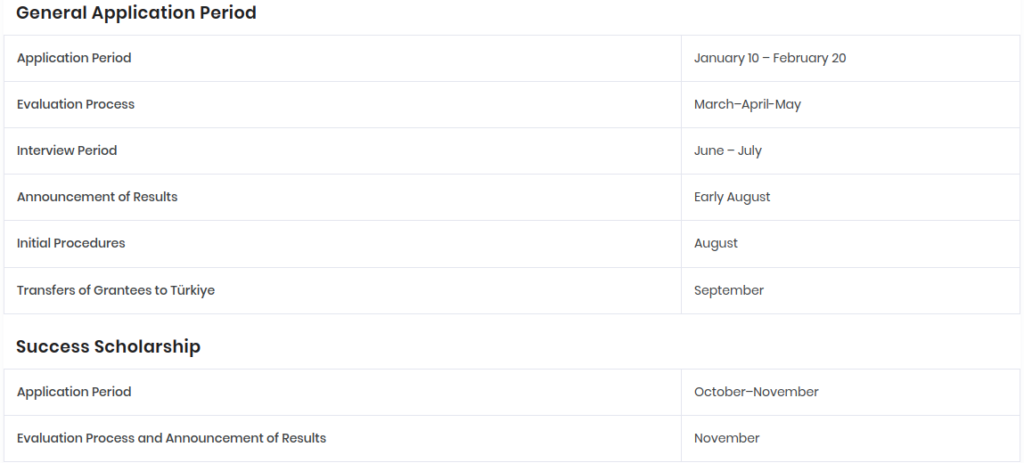
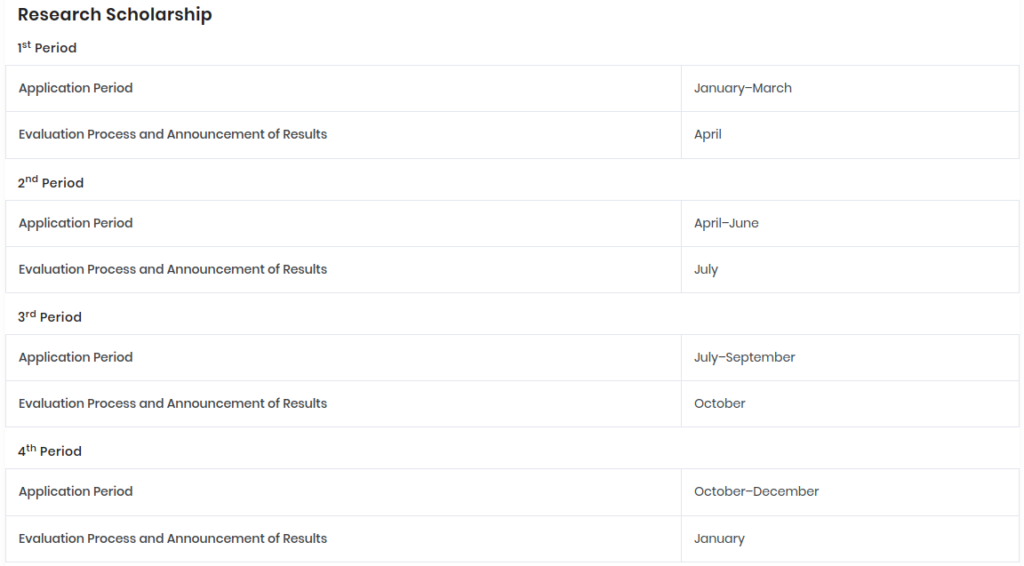
ESSENTIAL DOCUMENTS
All candidates must upload the following documents to the Türkiye Scholarships Application System (TBBS) when applying online:
A valid identification document, such as a driver’s licence or passport
A candidate photograph taken within the last year
Results of national exams (if any)
Diploma or provisional graduation certificate
Transcript International exam results (GRE, GMAT, SAT, and so on) if required by the selected university or programme
If the chosen university or programme requires international language test results such as TOEFL or DELF, submit them.
A research topic proposal and a written example of the research you have conducted (only for PhD applications)
IMPORTANT INFORMATION
Many courses at Turkish universities are taught in Turkish. Some departments and universities, however, may offer programmes in English and other languages. Candidates for these programmes must be able to provide an internationally recognised language proficiency certificate. (TOEFL or other equivalent certifications if officially accepted by the university). The majority of these programmes require international admission test scores (GRE, GMAT, SAT, and so on). While selecting programmes in the application system, candidates can check the language of instruction.
Undergraduate candidates who have international qualifications, such as the SAT or GCSE, rather than national exam scores, must provide the minimum required qualifications for completing secondary school according to these international exams.
All Türkiye Scholarship recipients who do not have a C1 Level Certificate for Turkish Proficiency (including those placed in English or other language medium programmes) must complete a one-year Turkish Language Course and obtain the C1 Level Certificate by the end of the academic year.
Assessment:
All applications are reviewed based on basic criteria such as minimum academic achievement, age limits established for each level of education, and required documents.
Expert Evaluation:
The Expert Committee evaluates applications from qualified candidates based on a variety of criteria, including academic status, previous qualifications, academic interests, career goals, consistency of preferences, letter of intent content, and participation in social activities.
Following this stage, the final list of qualified candidates for the interview process is established.
Tests:
Prior to the face-to-face interviews conducted by the Presidential Delegations, undergraduate candidates take a 30-question quantitative test consisting of mathematics, geometry, and logic questions.
Prior to the interview, tests will be held to evaluate candidates applying to the fields of health sciences, science, and engineering, which receive the most applications when compared to other disciplines. Tests will also be held for candidates applying in the field of social sciences, and the results will be compared to other applicants in the field.
The test will include questions that will require explanations in both Turkish and English, as well as questions that will not require translation. Because English sources are frequently used in basic courses at health, science, and engineering programmes in Turkey, as well as many other countries around the world, applicants in these fields are expected to demonstrate a sufficient level of English to comprehend and respond to the test’s questions.
Despite the fact that the test takes into account the country’s educational curricula, questions have been developed in accordance with Turkish curriculum as well. Undergraduate candidates planning to study in Turkey should be familiar with the core of Turkish curriculum.
Face-to-face interviews will be held on the same day as the test, in the morning and afternoon sessions. When candidates receive their interview invitations, they will be informed of their test and interview timeslots.
The 30-question test (60 minutes to complete).
Click here to access a mock exam with sample questions.
Click here to access the answer key
Note 1: Azerbaijan applicants must complete 50 questions in mathematics, geometry, and logic. 50 questions in Turkish, mathematics, science, and social sciences are required for applicants from Greece and the TRNC. The tests will be held in these countries in a single session for all candidates who have been invited to an interview. In-person interviews will take place in the days following the exam. Candidates will receive their exam timeslots along with their interview invitation.
Note 2: In countries where applications are plentiful, such as Afghanistan and Sudan, the Presidency may organise 80 to 100-question exams, depending on the number of applicants.
Interview:
Interview committees comprised of academics and experts evaluate candidates chosen from more than 100 countries on the final list.
The interview, which usually lasts 15-30 minutes, is conducted as follows:
Welcome and arrival
Document examination
The candidate’s application’s purpose
Academic knowledge and career objectives
Closing remarks and questions from the candidates to the committee
Candidates invited for interviews must bring all documents and certificates from their most recent education to the interview.
Final Result:
A selection committee evaluates the results of the interview committees’ interviews of applicants, and a list of applicants who will receive scholarships is created.
The general eligibility of the candidate for Türkiye Scholarships is assessed at this final stage of evaluation.
Welcome and arrival
Document examination
The candidate’s application’s purpose
Academic knowledge and career objectives
Closing remarks and questions from the candidates to the committee
Candidates invited for interviews must bring all documents and certificates from their most recent education to the interview.
Related Topics:
- Master/PhD Scholarships 2024 for International Students
- How to write a paper using ChatGPT and Quillbot software?
- What is Artificial Intelligence (AI) or Deep Learning or Machine Learning?
- Top Agriculture Drones Using AI
- How to use free ChatGPT in an unauthorized country?
- Sophia Robot like a Human
- 25 Top Artificial Intelligence (AI) Apps
- Top 10 Free Video Editor Tools 2023
- The Impact of AI Applications in Medical, Industry, and Marketing
- AI Applications in Robot Technology
